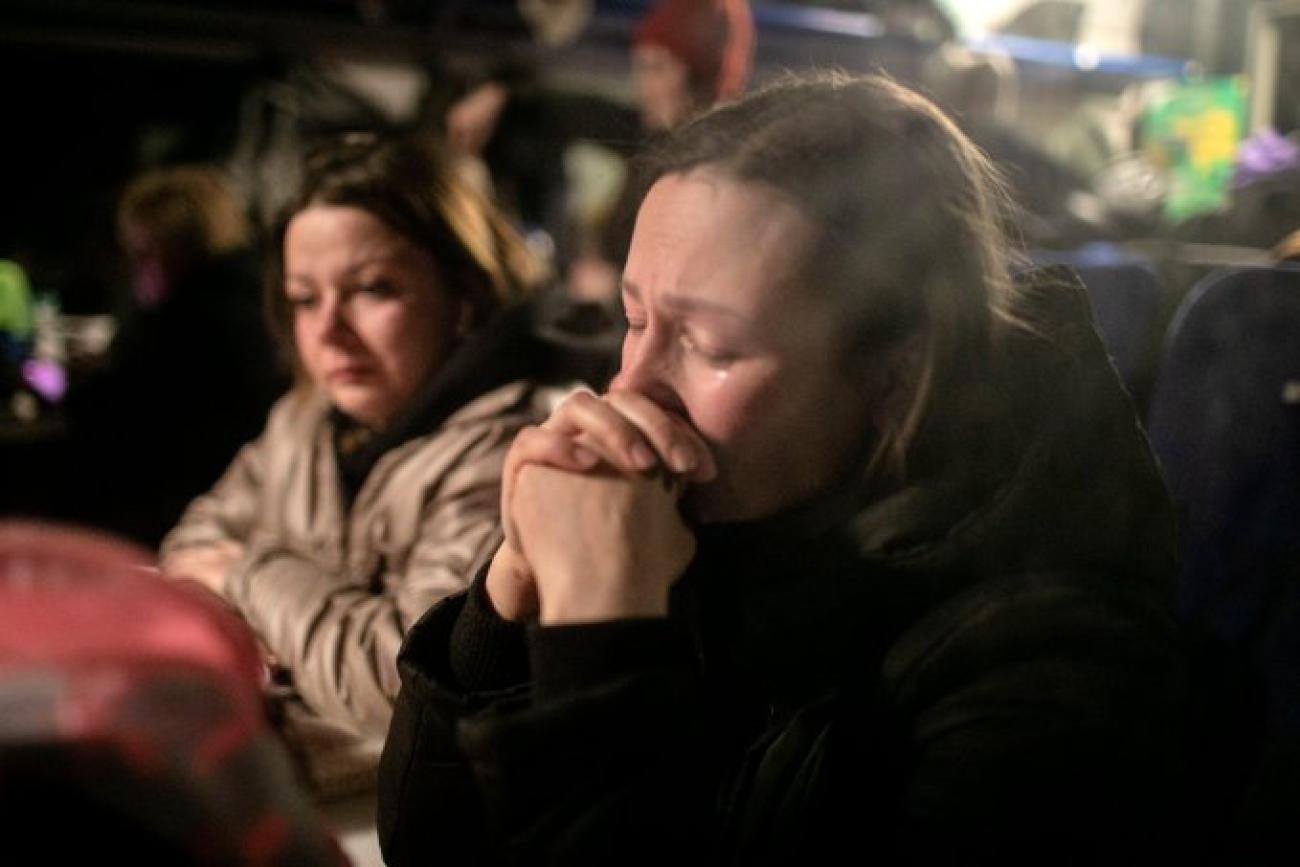UN allocates an additional $50 million to extend urgent relief operations in Ukraine

// PRESS RELEASE //
The Humanitarian Coordinator for Ukraine, Osnat Lubrani, has today announced the release of an additional US$50 million from the Ukraine Humanitarian Fund (UHF) to support non- governmental organizations (NGOs) and United Nations agencies to continue to expand their life-saving work, following the most recent escalation of the war in the country. This is the largest allocation in the history of the fund, established in 2019. With this new disbursement, OCHA’s humanitarian funds will have allocated over $158 million for life-saving operations in Ukraine since Russia Federation’s invasion on 24 February, including nearly $98 million from the UHF and $60 million from the Central Emergency Response Fund (CERF).
“Thanks to the timely support of our donors, these funds will allow us to reach millions of people— mainly in the most affected oblasts in the east of the country—with the support they need to survive and face probably one of the biggest challenges of their lives,” said Ms. Lubrani, during a press conference in Lviv today. Highlighting the specific challenges and risks faced by women and girls in Ukraine due to the intense fighting, amidst mounting allegations of rape, the Humanitarian Coordinator informed that part of the funds will be directed to prevent any form of gender-based violence and to support survivors.
Nearly two months of intense and escalating hostilities in Ukraine continue to have horrific consequences for civilians and cause a grave humanitarian crisis. Massive devastation in urban centres and the destruction of civilian infrastructure has made life unbearable for millions and severely disrupted vital services, especially access to water and health care. Over 15.7 million people—more than 25 per cent of the country’s entire population—urgently need life-saving assistance and protection. It includes over 7.7 million people who are now internally displaced across Ukraine, trying to find safety far from their homes. Since 24 February, another 5 million people have been forced to leave Ukraine and seek refuge in other countries.
“During the last two months, aid workers from local and international NGOs and UN agencies have worked day and night to scale up our response to assist more than 3.3 million people. This is alongside the incredible work done by volunteers across the country,” explained Osnat Lubrani, adding that just yesterday the UN managed to deliver nine trucks of relief items to the until shortly ago besieged city of Chernihiv. The Humanitarian Coordinator also gave examples of how over 145,000 people in non- Government-controlled areas of Luhanska oblast are receiving protection services or dozens of thousands of people displaced in transit areas of Lviv have received hygiene kits as they moved in search of safety, thanks to the UHF’s implementing partners alone.
However, much more is required to meet the needs of the people of Ukraine. “It is remarkable how the humanitarian community here managed, in a few weeks, to expand from delivering assistance in two areas of eastern Ukraine to now operating across all 24 oblasts. However, we are still not able or have been prevented from reaching areas where people are in dire need of assistance, including Mariupol and Kherson,” said Ms. Lubrani.
The UN continues close dialogue with both parties to the conflict to mediate an end to the war and call on them to urgently facilitate the delivery of critical humanitarian assistance to the people hardest hit by the conflict and to guarantee safe evacuation of civilians from areas of facing hostilities.
In the meantime, needs continue to grow. Aid organizations have received nearly $780 million for their life-saving activities, around 68 per cent of the $1.1 billion requested in the three-month Humanitarian Flash Appeal. The UN and partners are currently revising the appeal to ensure that life-saving operations continue to meet the growing needs.

